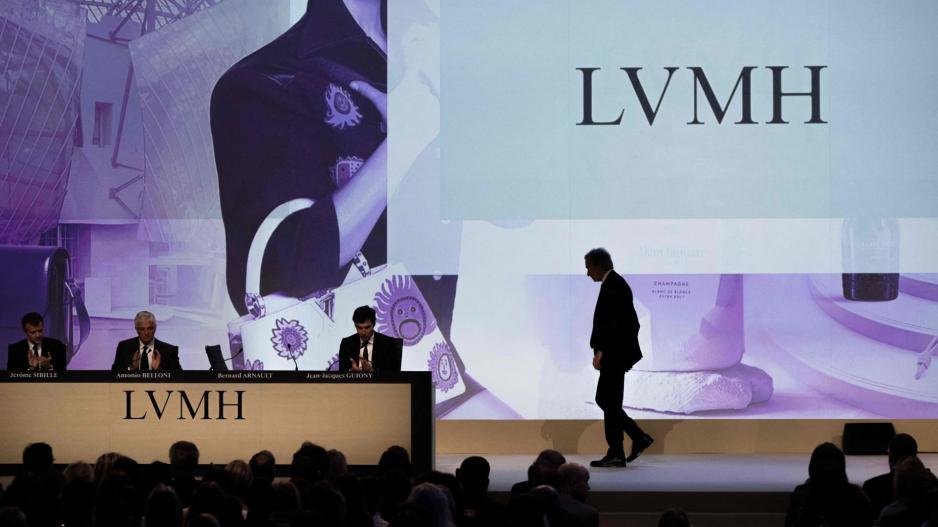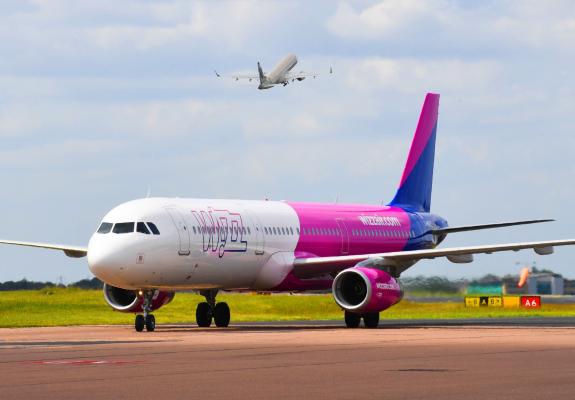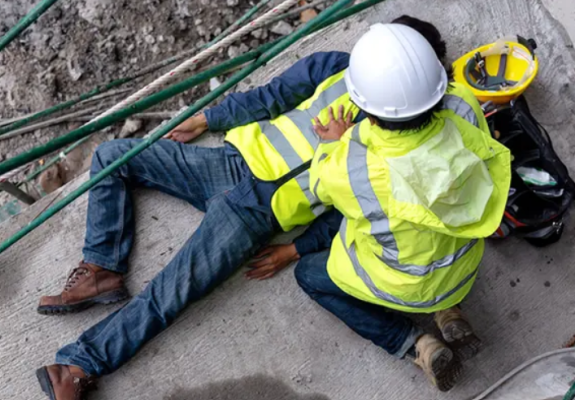Which Famous Brands are Failing to Address Forced Labor?
KnowTheChain Reported That Companies Averaged a Disappointing Score of 21 Out of 100
Some of the largest fashion brands are struggling to address the issue of forced labor in their supply chains. According to a report, the French company LVMH (Louis Vuitton, Tiffany & Co., Christian Dior, Fendi, Givenchy, Marc Jacobs, Stella McCartney, Loewe, Loro Piana, Kenzo, Celine, Sephora, Princess Yachts, TAG Heuer, and Bulgari) received one of the worst ratings.
The research, conducted by KnowTheChain, an organization striving to eliminate child and forced labor in business supply chains, utilized a comparison method based on the United Nations' guidelines for business and human rights.
KnowTheChain reported that companies averaged a disappointing score of 21 out of 100, demonstrating their difficulty in addressing issues related to forced labor.
"As factors such as war, climate crisis, and economic instability increase the risk of forced labor, the policies and practices of companies are inadequate," the report, released last month, specifically stated.
More than 20% of the companies evaluated received an overall score of 5 out of 100 or less, failing to effectively address human rights violations.

Canadian company Lululemon emerged as the leader among the 65 companies with a score of 63/100. German company Puma ranked second with 58/100, while its competitor Adidas scored 55/100, placing third.
Veronique Rose, Head of Sustainability at Puma, stated that the company has invested "significant time and resources" to ensure the rights of its workers. Puma's score in the KnowTheChain report confirms they are "on the right track, but there is room for improvement."
A spokesperson for Adidas stated that the result reflects their commitment to fair and safe working conditions throughout their supply chain, actively supported for over 25 years.
Conversely, five companies from India, China, Taiwan, Indonesia, and Japan scored 0/100, while three others received 1/100. American retail chain Foot Locker scored 2/100, and LVMH, the world's largest luxury goods company, had a score of 6/100. Retail giants Amazon and Walmart are ranked in the top third of companies overall, with a score of 32/100.
It is important to note that despite the successful practices of some companies, there is a need for further improvements and continuous efforts to ensure compliance with international regulations on human rights and environmental sustainability.






